SCS Partnerships: three companies joined the program in the past months
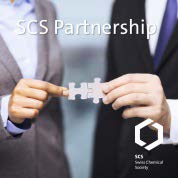 In 2020 the SCS implemented the SCS Partnership program as a new strategic tool to strengthen the collaboration with industrial partners and to align the Society’s activities to the community’s requirements. Starting with 13 partner companies in spring 2020 the program includes 19 partner as of December 2021.
In 2020 the SCS implemented the SCS Partnership program as a new strategic tool to strengthen the collaboration with industrial partners and to align the Society’s activities to the community’s requirements. Starting with 13 partner companies in spring 2020 the program includes 19 partner as of December 2021.
Please contact the SCS Head Office if you are interested in a SCS Partnership as well (CHF 3’000 p.a.).
Recent SCS Parnerships Assignments
In the past two months three companies signed the partnership agreement and joined the program. We are happy an proud to welcome the following companies:
- Chemspeed Technologies AG, Füllinsdorf: gamification of R&D
- SpiroChem AG, Basel: Get inspired. Innovate.
- Büchi AG, Uster: Büchiglasuster, Pilot Plant & Reactor Systems
SCS Partnership Program
Make the difference as an Institutional Partner through
> Active involvement in the strategic alignment of the society (board-, committee- and jury-membership)
> Becoming Industrial Science Award Program Stakeholders (former SISF Program)
> VIP Guests/Delegates at the Swiss Chemistry Science Night
… and also enjoying the benefits of a “classical” corporate membership:
> Free CHIMIA subscription, publication of Company Reports in CHIMIA, advertising at reduced rates, and logo presence on SCS documents (print, digital)
SCS Partnerships 2021/22.
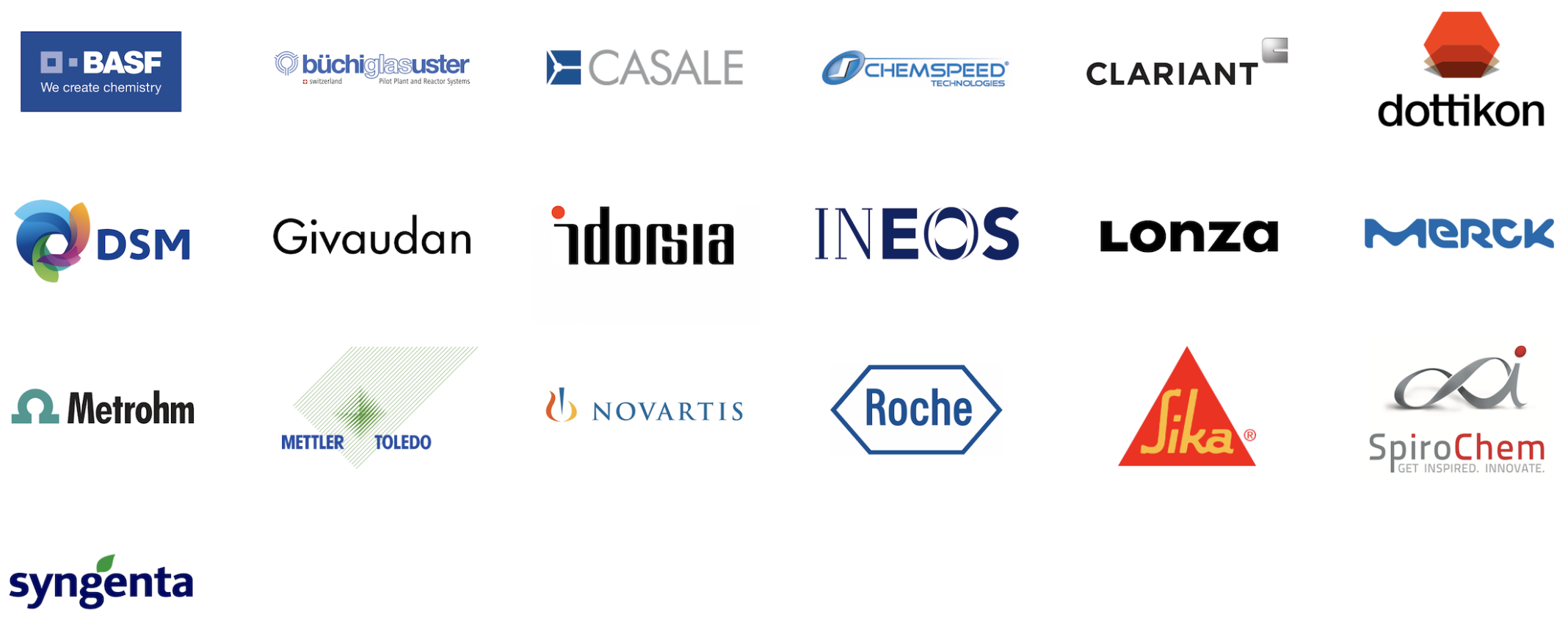
David Spichiger, SCS
21.12.2021
SCS Award Winners 2022
It’s our pleasure to announce the winners of the 2022 SCS Scientific Award Programs. We would like to sincerely con-gratulate all winners for their outstanding scientific contri-butions, and we are looking forward to the award ceremonies and lectures that will take place at one of our upcoming SCS events.
Paracelsus Prize 2022
The award is endowed with CHF 20,000 and a medal in gold.
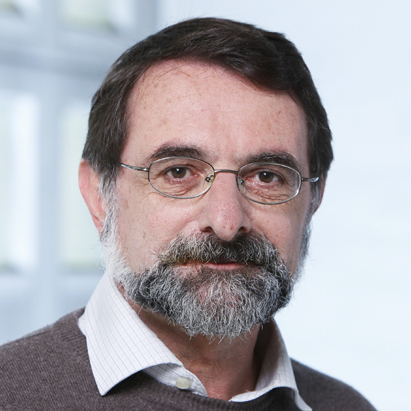 Prof. Antonio Togni, ETH Zurich
Prof. Antonio Togni, ETH Zurich
is awarded for his groundbreaking contributions to organic, inorganic, organometallic chemistry and catalysis both in industry and academia as well as for his inspiring approaches to teaching and education.
The award lecture will take place at the SCS Fall Meeting in Zurich on September 8, 2022.
scg.ch/paracelsus
Werner Prize 2022
The prize is endowed with CHF 10,000 and a medal in bronze.
 Prof. Fabian O. von Rohr, University of Zurich
Prof. Fabian O. von Rohr, University of Zurich
receives the prize for developing sophisticated approaches to the design and preparation of novel quantum materials that show emergent collective quantum phenomena, such as superconductivity or magnetic order, or materials with topologically non-trivial properties.
The award lecture will take place at the SCS Spring Meeting in Geneva on April 22, 2022.
scg.ch/werner
Sandmeyer Prize 2022
The award is endowed with CHF 20,000.
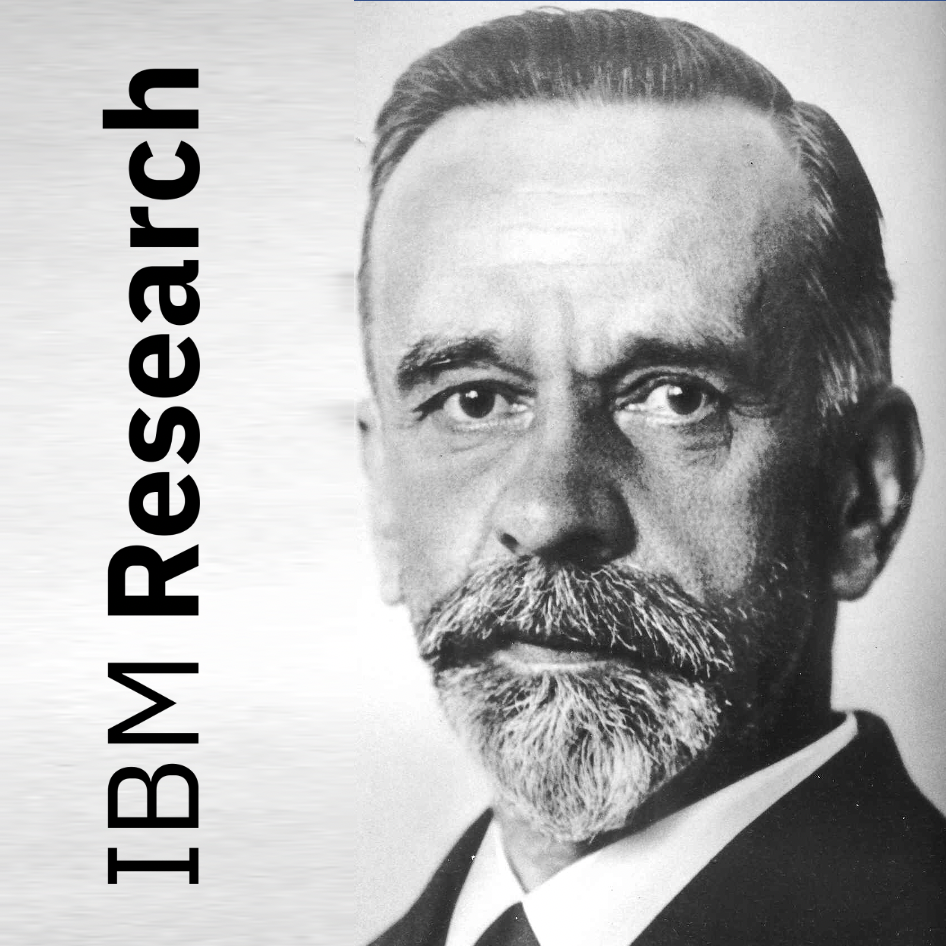 The SCS honors Alain Vaucher, Daniel Probst, Philippe Schwaller, Theophile Gaudin, Teodoro Laino, Matteo Manica, Alessandra Toniato, Federico Zipoli, Antonio Cardinale, Alessandro Castrogiovanni, Heiko Wolf, Aleksandros Sobczyk, Joppe Geluykens, from the RXN for Chemistry Project Team from IBM Research
The SCS honors Alain Vaucher, Daniel Probst, Philippe Schwaller, Theophile Gaudin, Teodoro Laino, Matteo Manica, Alessandra Toniato, Federico Zipoli, Antonio Cardinale, Alessandro Castrogiovanni, Heiko Wolf, Aleksandros Sobczyk, Joppe Geluykens, from the RXN for Chemistry Project Team from IBM Research
for their important scientific breakthrough in the digitalization of synthetic organic chemistry that helps to improve digital work-flows with state-of-the-art machine learning technologies.
The award lecture will take place at the SCS Fall Meeting in Zurich on September 8, 2022 and at the Freiburger Symposium 2023.
scg.ch/sandmeyer
Senior Industrial Science Award 2022
The award is endowed with CHF 10,000.
 Dr. Bernd Kuhn, F. Hoffmann-La Roche AG,
Dr. Bernd Kuhn, F. Hoffmann-La Roche AG,
receives the prize for his ground-breaking achievements over the past two decades, bringing together novel computational approaches and medicinal chemistry knowledge that led to new drug designs and scientific discoveries that have had tremendous impact on small molecule discovery projects.
The award lecture will take place at the SCS Fall Meeting in Zurich on September 8, 2022.
scg.ch/scs-industrial-awards
Swiss Green & Sustainable Chemistry Award 2022
The award is endowed with CHF 10,000.
 Prof. Xile Hu, EPFL Lausanne
Prof. Xile Hu, EPFL Lausanne
is awarded for his outstanding, interdisciplinary research program to develop catalysis for sustainable synthesis of added-value chemicals and for cost-effective production of solar and electric fuels.
The award lecture will take place at the SCS Fall Meeting in Zurich on September 8, 2022.
scg.ch/green-and-sustainable-chemistry-award
Balmer Prize 2022
The awards are endowed with CHF 4,000 and a medal in bronze.
 Dr. Urs Leisinger, Kantonsschule Zug
Dr. Urs Leisinger, Kantonsschule Zug
wird geehrt für seine höchst engagierte und innovative Lehrtätigkeit, sein Engagement in Politik und Lehrerfortbildung sowie für die Entwicklung und Implementierung des Projekts «Molekularium», welches neue Möglichkeiten für den Chemieunterricht erschliesst und welches - ergänzend zum klassischen Theorie- und Experimentalunterricht - Hilfsmittel für den produktiven Einsatz von Computern an Gymnasien bietet.
and
 Dr. Paolo Lubini, Liceo cantonale di Lugano 2, Savosa and
Dr. Paolo Lubini, Liceo cantonale di Lugano 2, Savosa and
Mr. Michele D’Anna, Liceo cantonale di Locarno (retired)
are honored for developing and implementing their concepts of energy, entropy, and the chemical potential, the latter being key to a new way of teaching chemistry at high-school level, thus representing to most significant didactic innovation in view of an early and systematic understanding of chemical reactivity and equilibrium.
Dr. Max Lüthi Prize 2022
The prize is endowed with CHF 1,000 and a medal in bronze.
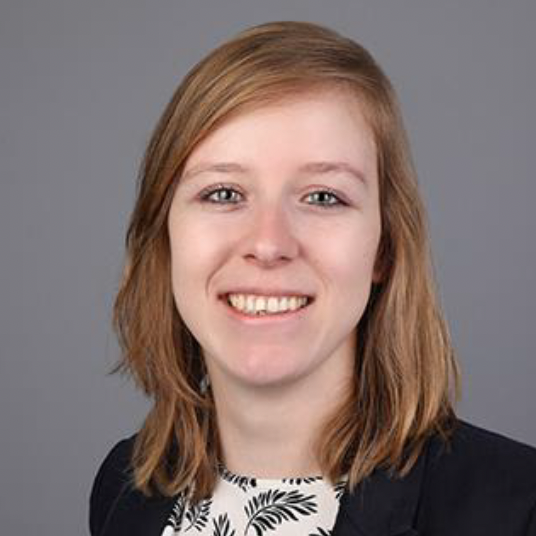 Ms. Stefanie Rychard, HEIA Fribourg
Ms. Stefanie Rychard, HEIA Fribourg
is honored for her outstanding Bachelor project: «Optimisation of extraction methods for the analysis of natural dyes in cultural heritage objects»
scg.ch/max-luethi
David Spichiger, SCS
01.12.2022
New Website of the SCS Foundation
The Swiss Chemical Society implemented its new website for the SCS Foundation and shows in a strucutred and modern way what the foundation is
and what the puposes are.
Visit the new website on http://foundation.scg.ch
Board members are:
Dr. Alain De Mesmaeker, President
Syngenta Crop Protection AG
Prof. Peter Chen, Vice President
ETH Zurich
Dr. Hans Peter Lüthi, Director
SCS Foundation and ETH Zurich
David Spichiger, Treasurer
Swiss Chemical Society
Prof. Beat Ernst, board member
University of Basel
Prof. Titus Jenny, board member
University of Fribourg
Dr. Gerardo Ramos Tombo, board member
Syngenta Crop Protection AG
Prof. Ulrich W. Suter, board member
ETH Zurich and SATW
Dr. Reto Naef, board member
Topadur Pharma AG
Céline Wittwer, SCS
07.10.2021
Heilbronner-Hückel Lecture Tour of Prof. Katharina Kohse-Höinghaus in Switzerland Oct 26-29, 2021
Heilbronner- Hückel Lectures 2021
The Swiss Chemical Society is happy to announce the Heilbronner- Hückel Lectures 2021. In collaboration with the GDCh this series is provided on a yearly basis alternately in Switzerland and Germany.
The 2021 series is given by Professor Dr. Katharina Kohse-Höinghaus from the Universität Bielefeld(Germany)
Burning issues: Some contributions to combustion chemistry.
The series is named after the chemists Edgar Heilbronner, born in Munich in 1921 and passed away in Herrliberg in 2006, and Erich Hückel, born in Berlin 1896 and died in Marburg in 1980.
Edgar Heilbronner emigrated together with his wife to Switzerland because of the Nazi regimes and studied chemistry in Zurich at the ETH where he also habilitated later on. In 1968 we changed to University of Basel.
Erich Hückel studied physics and mathematics at the University of Göttingen and habilitated at ETH Zurich as well.
Past Lecture Tours
| 2010 | Jürgen Troe, Max Planck Institut, Göttingen |
| 2011 | Andreas Pfaltz, University of Basel |
| 2012 | Joachim Sauer, Humbold University Berlin |
| 2014 | Stefan Matile, University of Geneva |
| 2015 | Paul Knochel, Ludwig-Maximilians-Universität München |
| 2017 | Roger Alberto, University of Zurich (Tour in 2020) |
| 2018 | Martin Suhm, Georg-August-Universität Göttingen |
| 2019 | Marcel Mayor, University of Basel |
Céline Wittwer, SCS
07.10.2021
Preview to CHIMIA 10/2021: Photochemistry
Fiat Lux!
Edwin C. Constable
Photochemistry of Rhenium(I) Diimine Complexes in Biological Applications
Kevin Schindler und Fabio Zobi
Recent Approaches towards the Development of Ru(II) Polypyridyl Complexes for Anticancer Photodynamic Therapy
Albert Gandioso, Kallol Purkait, and Gilles Gasser
Excited-state Dynamics of Radical Ions in Liquids
Jakob Grilja,b, Joseph S. Beckwitha,c and Eric Vauthey
Photophysics and Charge Generation in Low Energy-Offset Blends for Organic Solar Cells
Rishi Shivhare and Natalie Banerji
Spin Photochemistry: Electron Spin Multiplicity as a Tool for Reactivity and Selectivity Control
Axel G. Griesbeck* and Seyma Bozkus
Photoremovable Protecting Groups: Across the Light Spectrum to Near-Infrared Absorbing Photocages
Peter Štackoa*, Tomáš Šolomek
Photolatent Bases: A New Opportunity in Radiation Curing
Kurt Dietliker
Columns
SWISS SCIENCE CONCENTRATES
David Lim, Pablo Diaz Kruik, Lucia Robustini, Stefania Gianolio, and Francesca Paradisi
HIGHLIGHTS OF ANALYTICAL SCIENCES IN SWITZERLAND
Vacuum and Headspace - An Efficient and Fast Combination for the Extraction of Volatile Compounds
Pascal Fuchsmann
POLYMER AND COLLOID HIGHLIGHTS
When Photoswitches Meet 3D-printing
Luciano F. Boesela, Sebastian Ulrich, Xiaopu Wang, and Xiao-Hua Qinb
FLOW CHEMISTRY HIGHLIGHTS
Selected Topic: Photochemistry
Agnieszka Ladosz, Benjamin Martin
CHEMICAL EDUCATION
What Goes In Must Come Out: The Story of Uric Acid
Catherine E. Housecroft
A PERSPECTIVE ON CHEMISTRY AND SOCIETY
Society and Chemistry They Are a-Changin'
Nicolai Cramer, Paul J. Dyson
Swiss Women in Chemistry
Maud Reiter, Rachel Hevey, Rebecca Buller
Community News
SC | NAT
Swiss Chemical Society News
Honors and Awards
Journal News
Industrial News
News from Member Societies
Events
SCS Conferences and Symposia
Non-SCS Conferences in Switzerland
SCS Lectureships
Lectures
Education Courses
- Review Swiss Chemistry Science Night 2021 - A Celebration of Chemical Research
- SCS Fall Meeting 2021: Again a successful online event with more than 400 participants
- Winners of the Best Poster Presentation Awards at the SCS Fall Meeting 2021
- Winners of the Best Oral Presentation Awards at the SCS Fall Meeting 2021
Page 32 of 305

